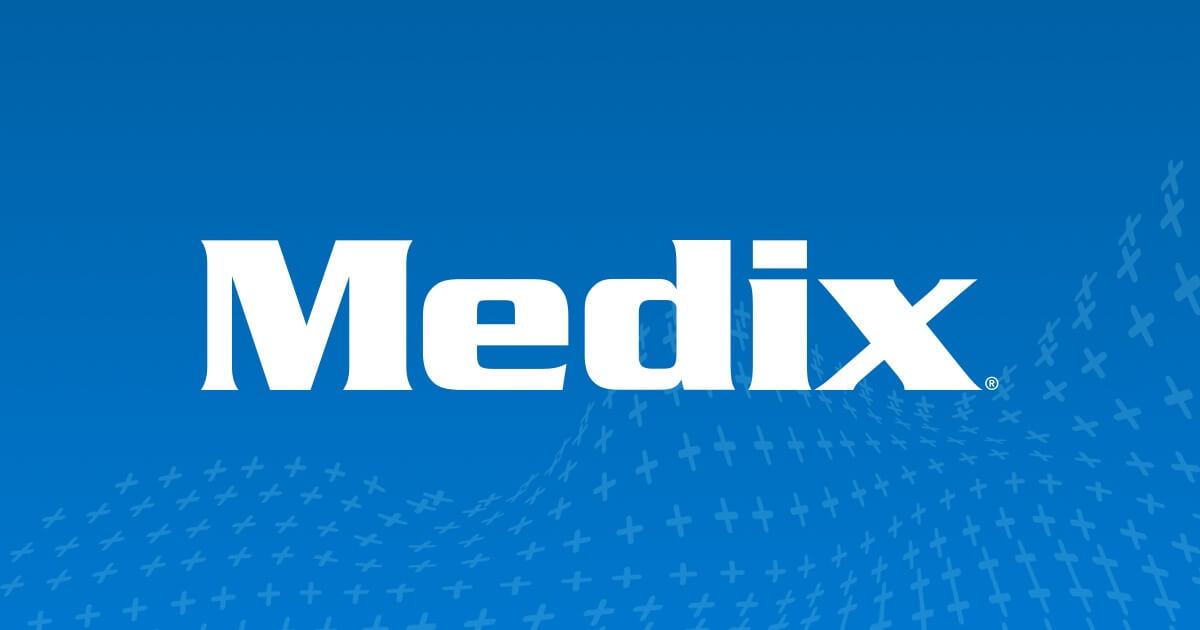The Primary Principles that Make an Epic EHR Implementation Successful

Measuring the success of an Epic electronic health record (EHR) implementation (or any EHR implementation) includes analyzing adoption rates, evaluating user satisfaction, monitoring data accuracy, determining its impact on patient care, and more. Long-term success is highly dependent on what happens at the beginning, during implementation—in fact, implementation is the number one factor which affects long-term success.
But what makes an implementation successful? And how do you ensure it?
KLAS, which “has been providing accurate, honest, and impartial insights for the healthcare IT (HIT) industry since 1996,” considers the following three principles most important for a successful EHR implementation:
- Training
- Staffing
- Change Management
Train during implementation, but also for the life of an EHR.
Training involves educating clinicians and other end users on effectively utilizing the platform to input, retrieve, and manage patient information. Training covers navigation, data entry rules, and ensures proficiency in leveraging various functionalities. It aims to enhance user competence within clinical workflows. Training should never be exclusively before launch. It continues post launch and into the future as an EHR is optimized.
Staff strategically to maximize cost-effectiveness and flexibility.
For an implementation, staffing refers to the management of personnel responsible for the planning and building that happens throughout the project. This includes roles such as administrators, trainers, and technical support staff. Project teams often consist of a blend of internal permanent staff and outside resources, making it easier for organizations to manage budgets and scale up and down based on needs.
Manage change thoroughly to increase EHR adoption.
Change management involves strategically planning and implementing the transition to an EHR and related technologies. It addresses the staffing and organizational aspects of change, ensuring smooth adoption and quick ramp up. Change management can include communication strategies, training programs, and support to mitigate resistance and facilitate integration across a healthcare organization.
For more on these three principles, watch our on-demand webinar, “The EHR Cause and Effect: How Today’s Implementation Makes or Breaks Tomorrow’s Success,” which is part of our Digital Healthcare Technology Summit.
How to Ensure Success
Perhaps the best way to ensure implementation success is to partner with an expert advisory company like Medix Technology. Because with the sheer scale of an implementation project, organizations need guidance and supplemental resources from the planning phase to go-live and beyond. This way, organizations are set up for success from the beginning, with proven planning, budgeting, governance, and training strategies.
Medix Technology has 20+ years of industry experience and a 92% overall KLAS performance score. We offer consultative support with Epic experts who have decades of experience, along with unique staffing solutions to help organizations build flexible implementation teams. All of this leads to improved clinical performance, a high degree of user satisfaction, and a reduced total cost of ownership.
Learn how we saved a health system $7.5M during an Epic transition.
Avoid tackling an implementation on your own. Set your healthcare organization up with the additional resources you’ll inevitably need throughout the process—and do it at the onset, so that you know every player, and can confidently develop your governance structure. Implementation is an immense project, but even more impactful if you execute it the right way.
Whether you’re planning for an Epic implementation or about to launch, we can provide the expertise you need. Contact our team.
Talk to a Medix Technology Expert
Work with a trusted partner to advise and staff your organization for successful digital transformation.


